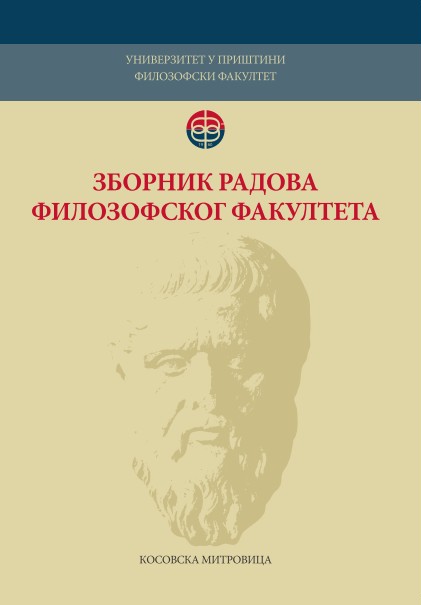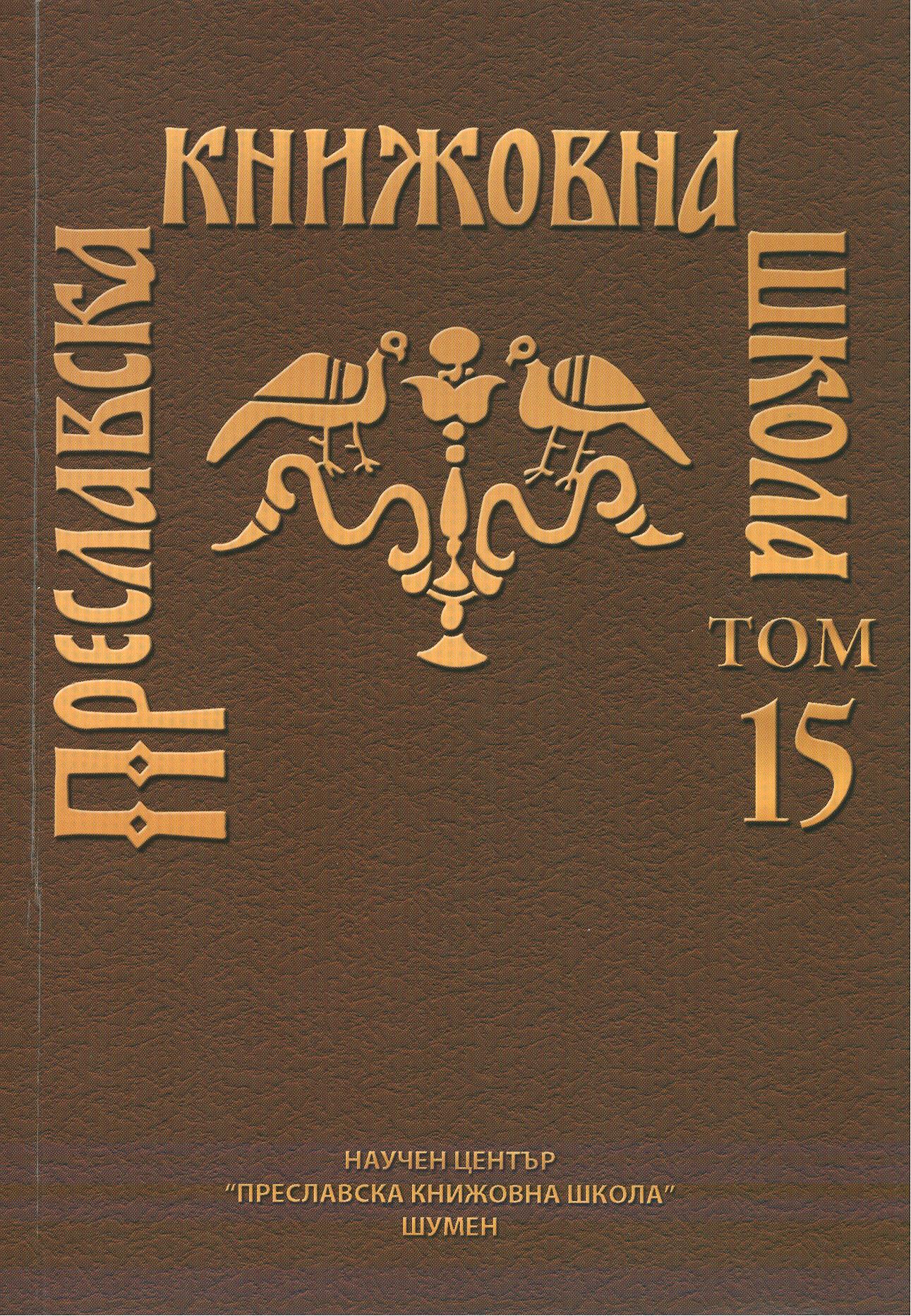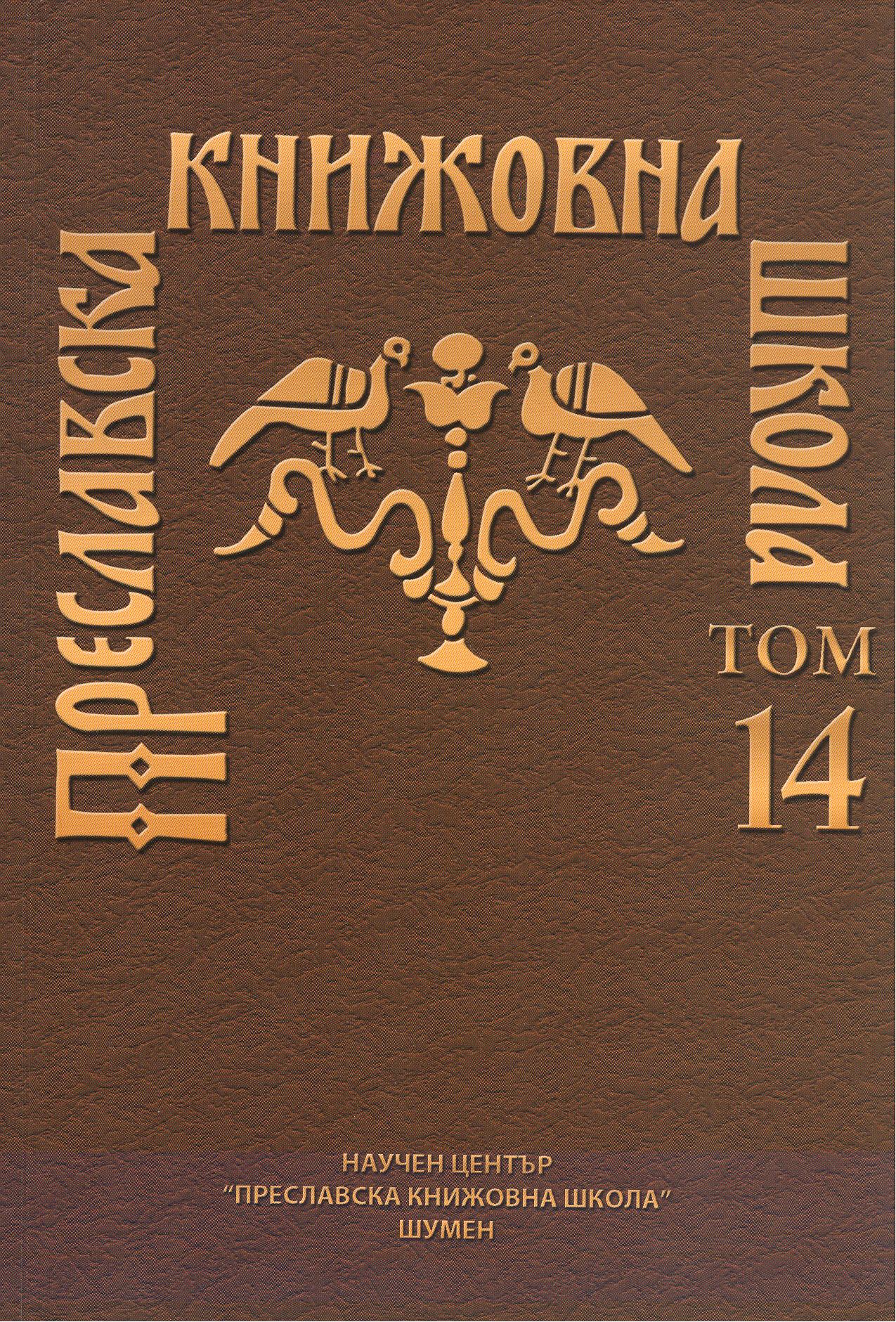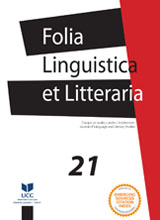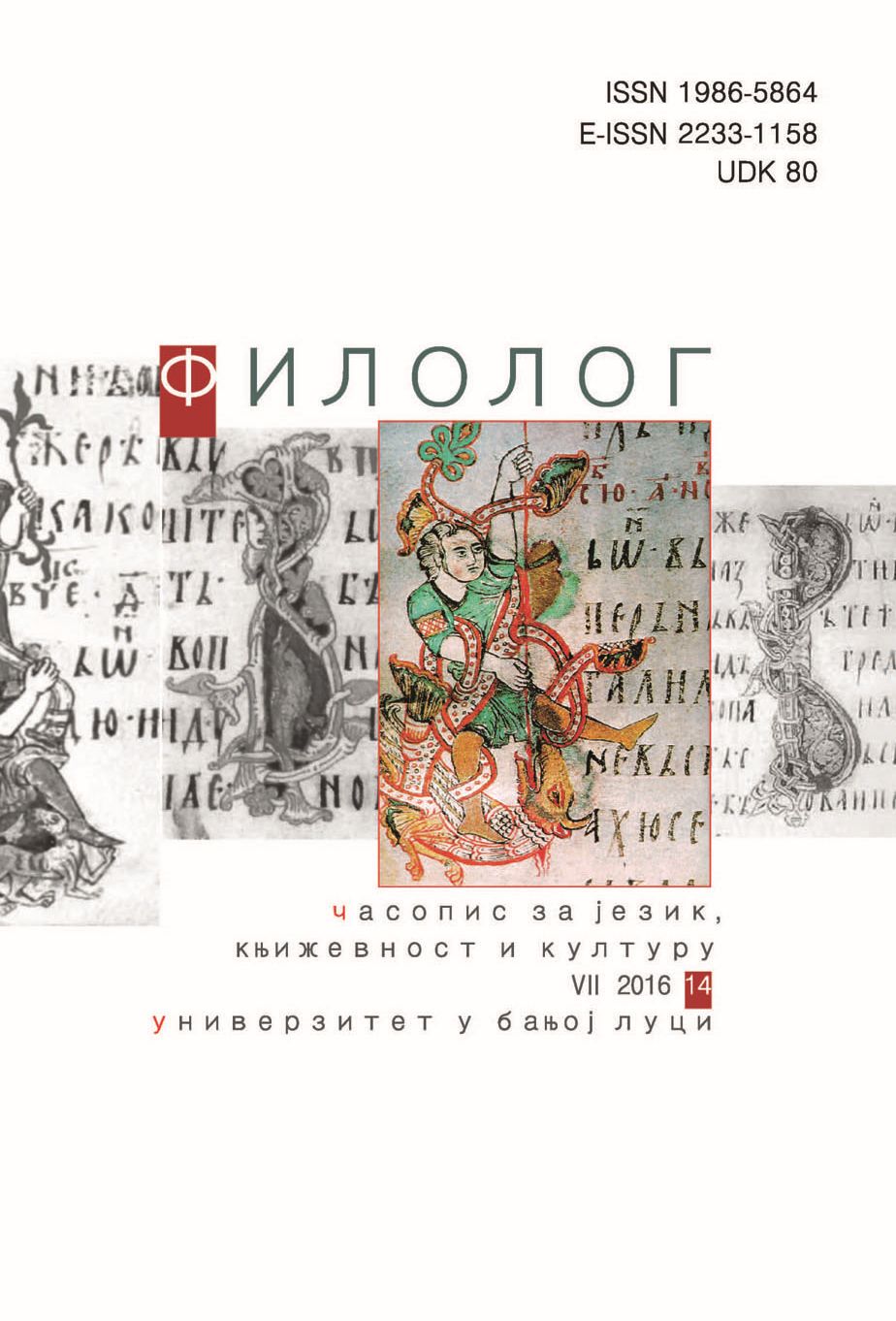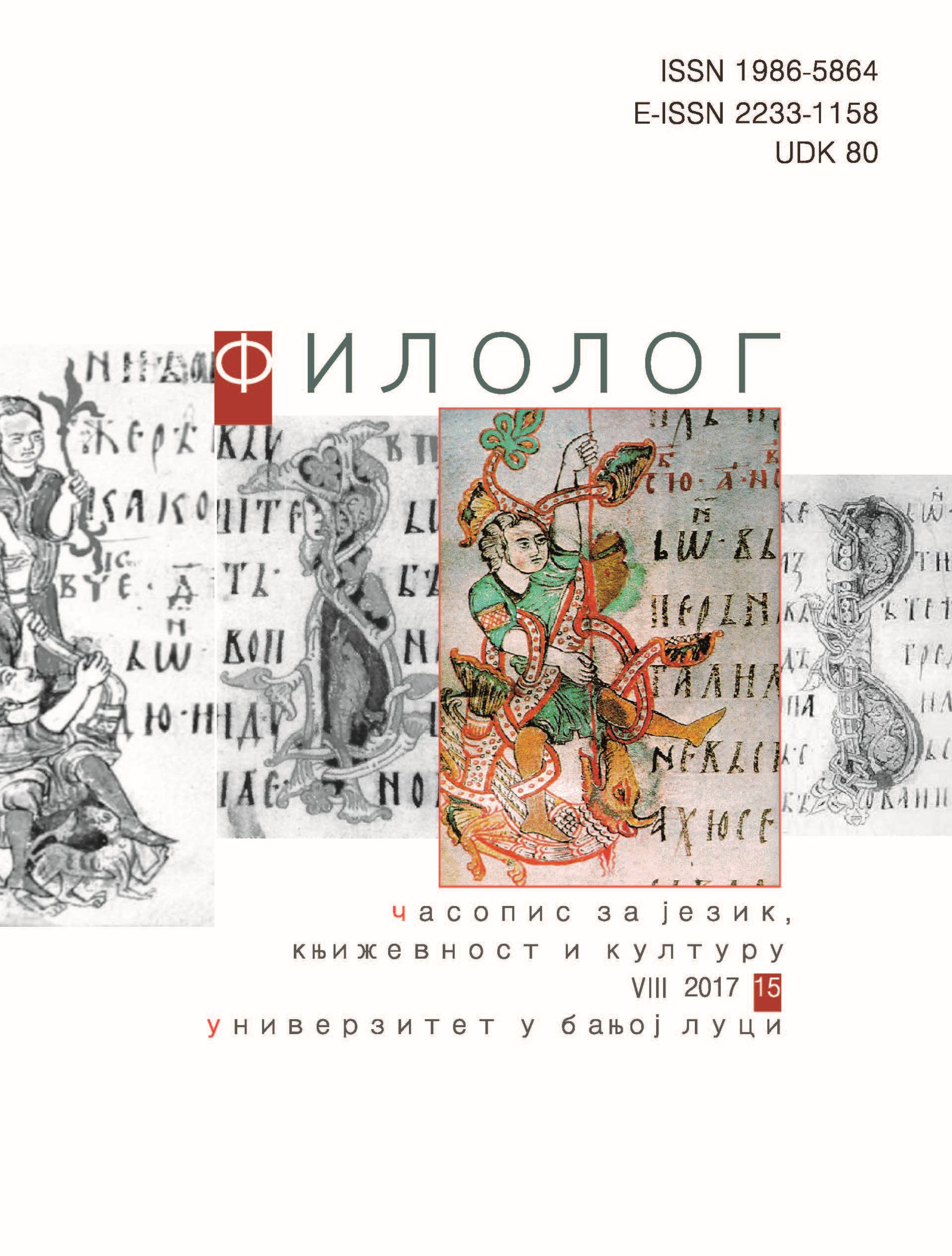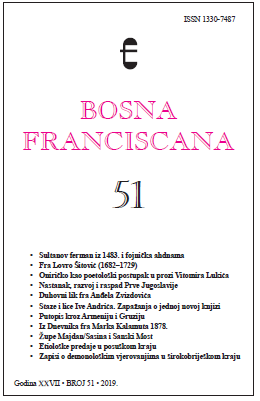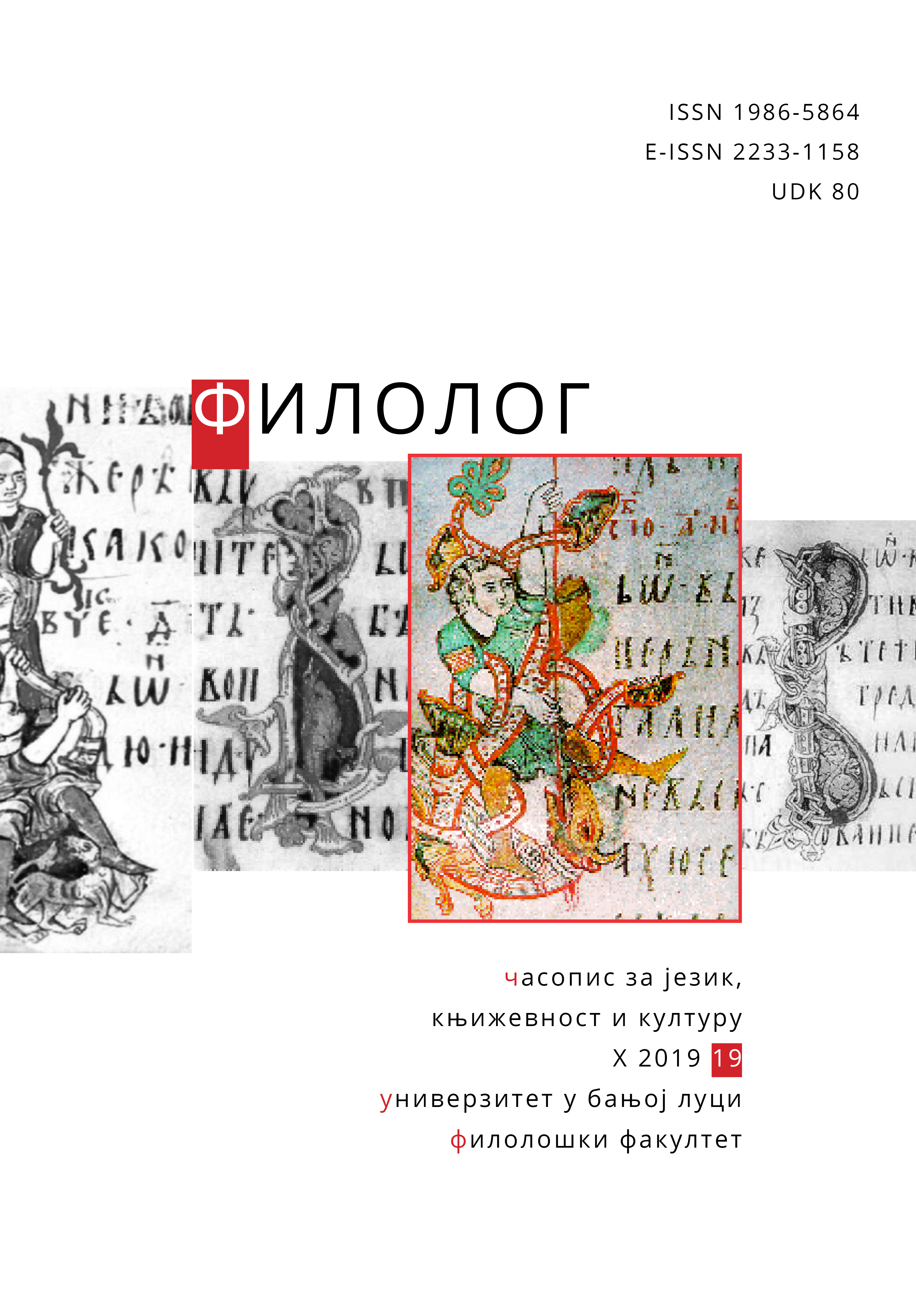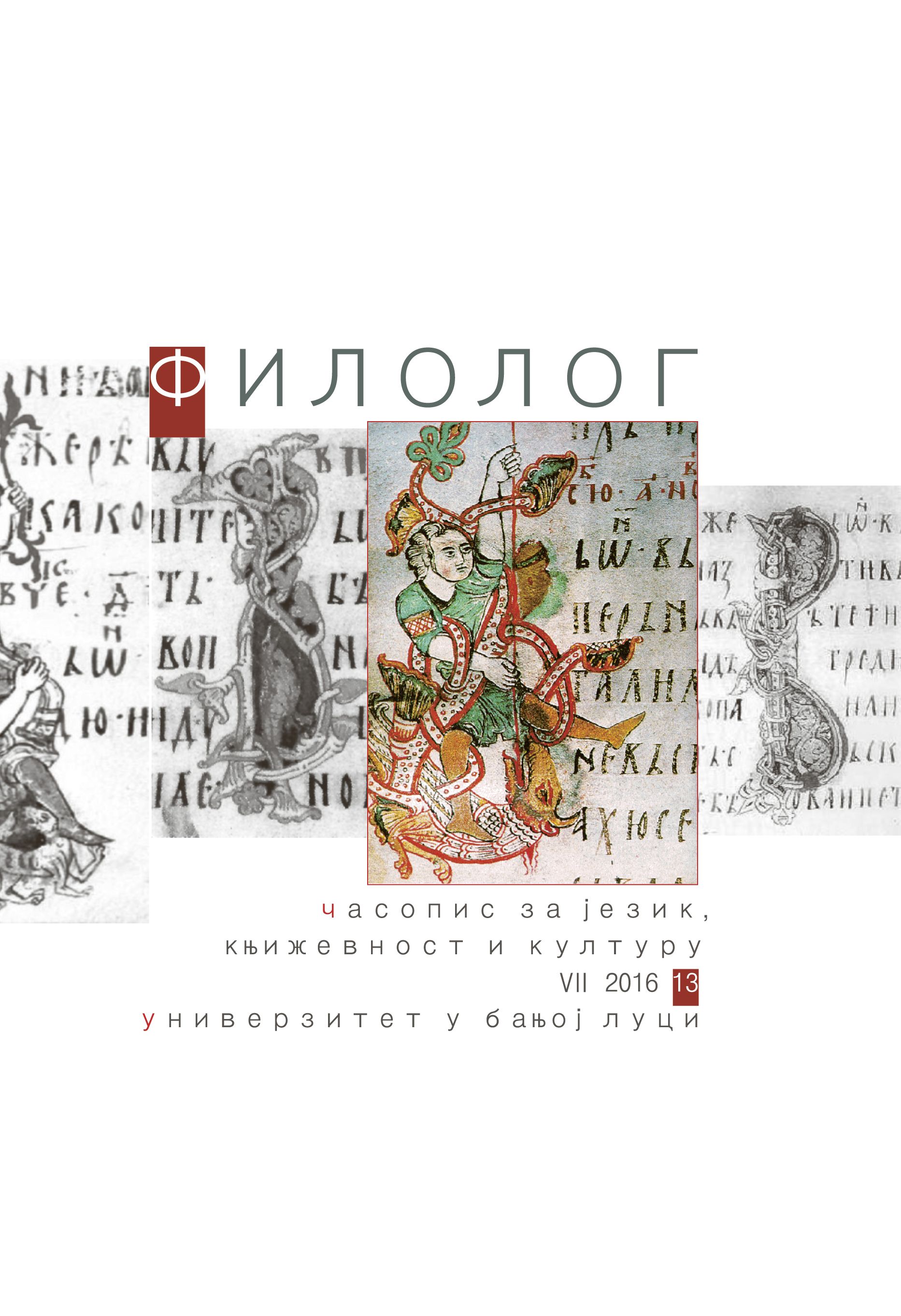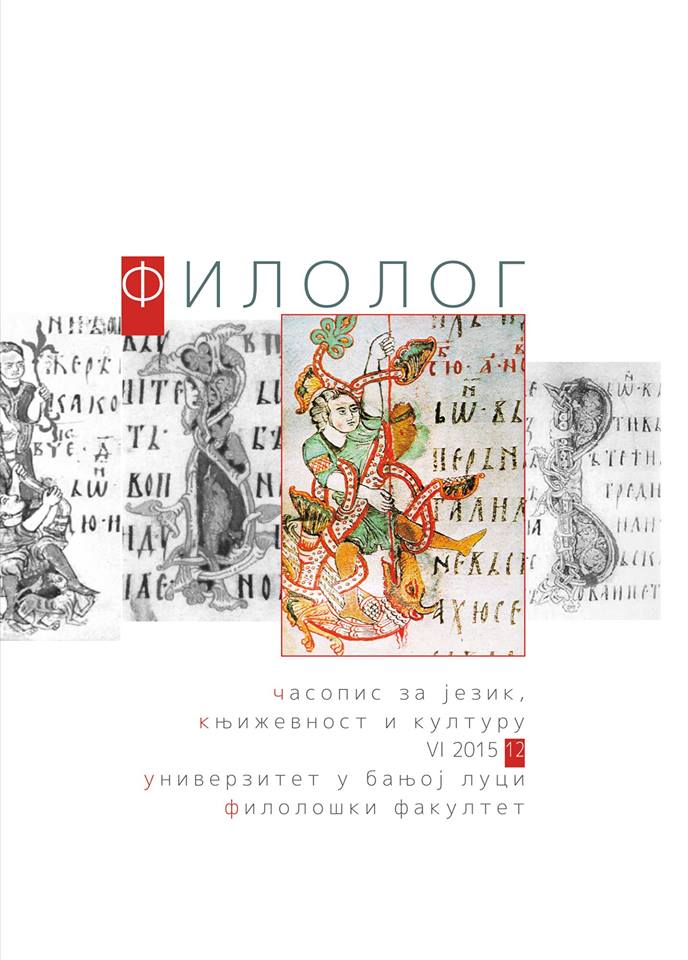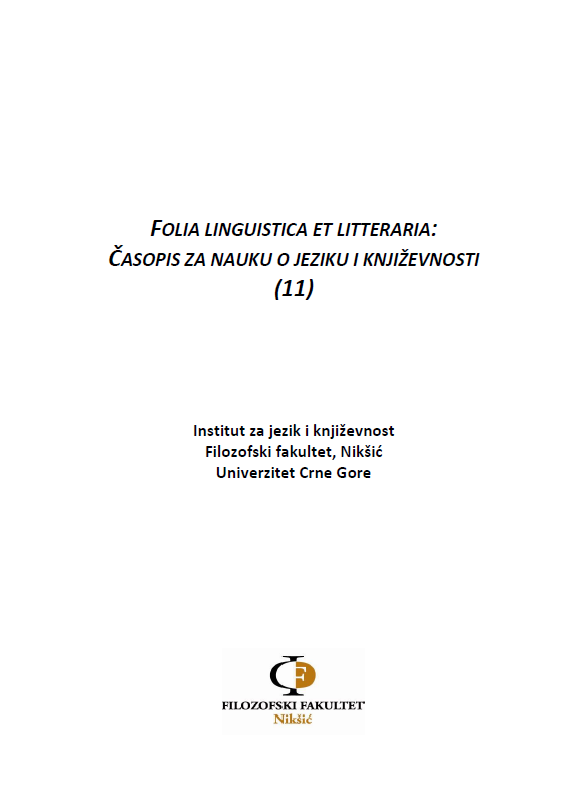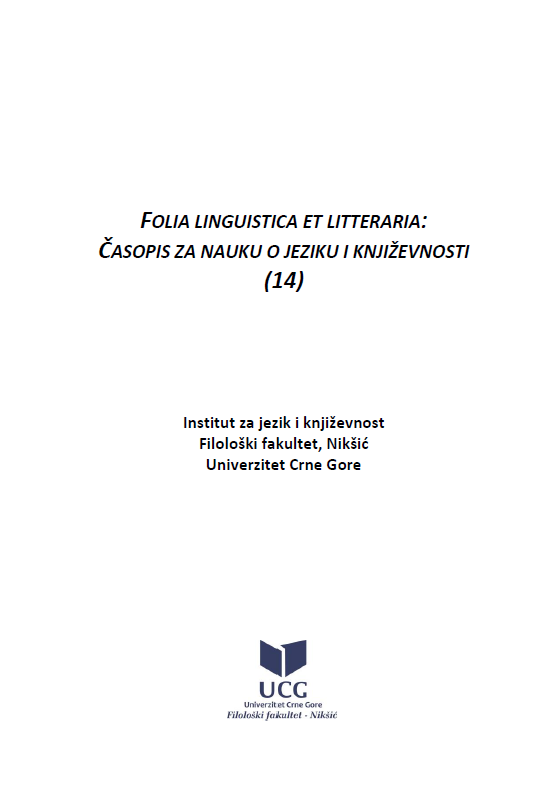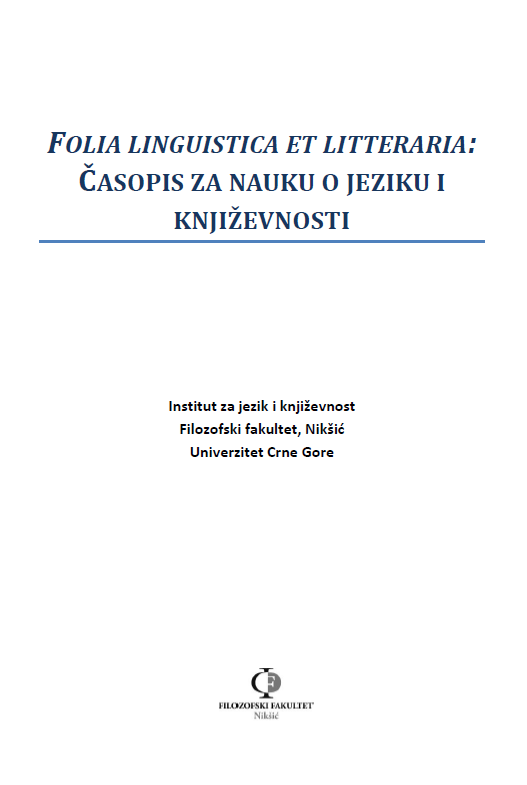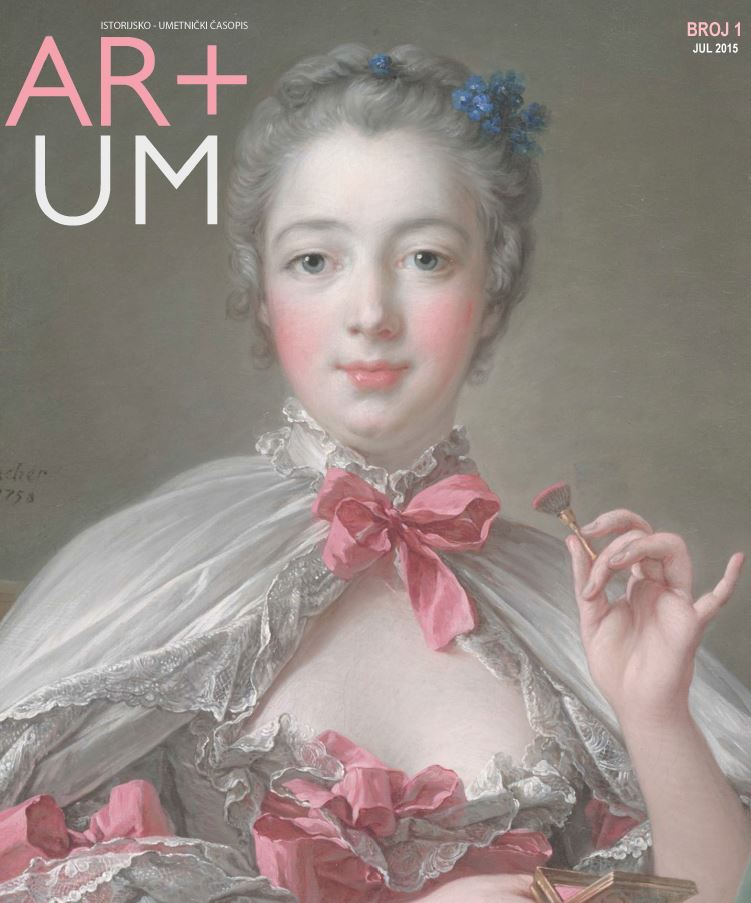
Miloš Crnjanski - sto dvadeset godina od rođenja, ili o nezaboravljanju
Miloš Crnjanski was one of the most significant Serbian writers. Part of his life he spent in the homeland, and some in a foreign country as emigrant. Attitude to him and his work is the result of different political opportunity. That attitude also tells us about the lack of long-term strategy in terms of cultural policy, or lack of the continuity when it comes to nurturing our cultural heritage. 2013. was also the anniversary of Petar Petrović Njegoš, Stefan Nemanja and the Edict of Milan. All of them are marked by the cultural institutions, exhibitions and themed magazines. The Edict of Milan was singled out for being the celebration lasted throughout the year, by the presence in the media and by government investment. Because of that about the Edict was a better and wider awareness. Improving communication, organization and information is possible and with less financial support, but it is certainly necessary to profile the clear and long-term cultural policy and strategy. Community that wants to ensure the duration will be working on keeping and caring for their heritage.
More...
